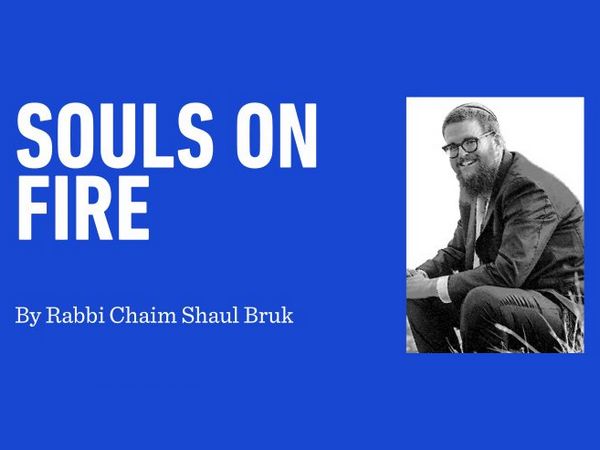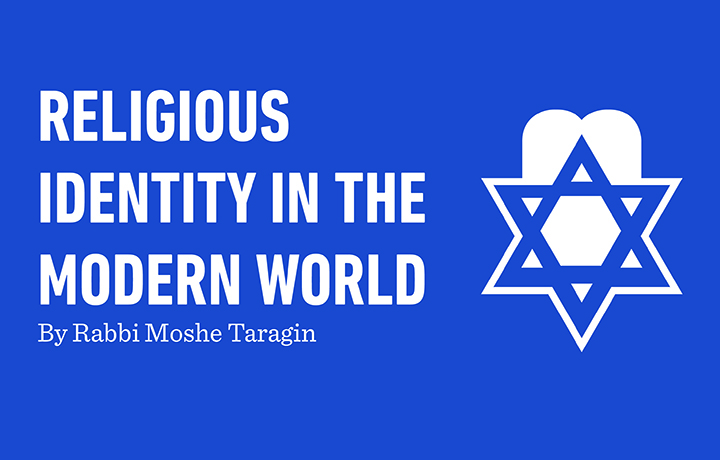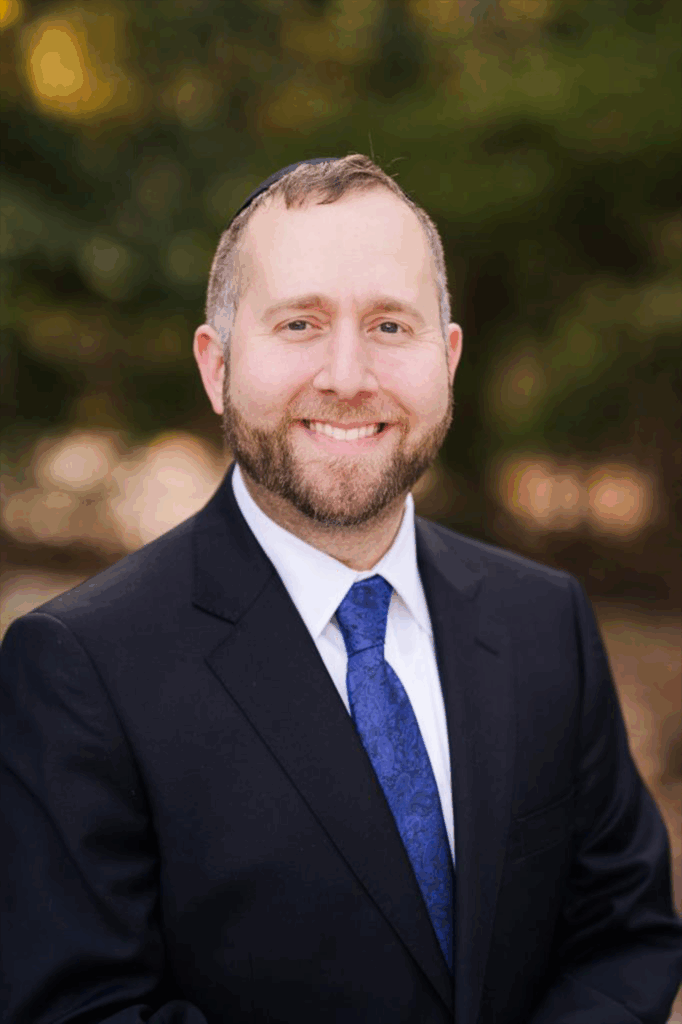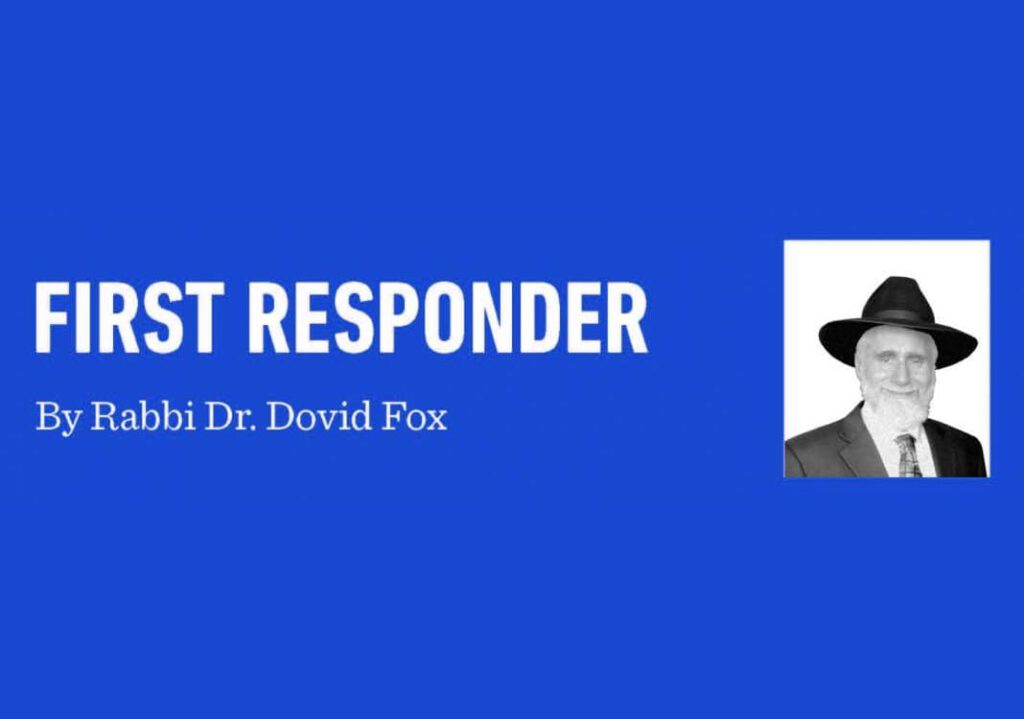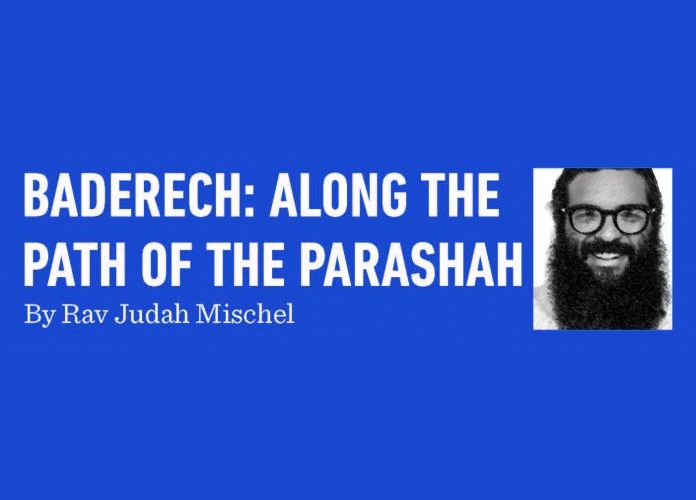Musings Of A Shliach From Montana
I’m sitting in my office on Motzaei Shabbos just before I will lead the Selichos service in shul for the few holy Jews who will gather with me in Bozeman for this auspicious prayer.
As I get older, I feel like Rosh Hashanah and Yom Kippur have taken on a more meaningful and introspective role in my life. It’s hard for me to articulate exactly what I mean, but I think my priorities are different. My gratitude is on a different level, a higher frequency. My prayers are more profound and my joy in talking to Hashem is greater. While I used to worry about the outcomes of my tefillos, I find it’s more about the power of the moment and the bonding with Hashem. We can’t control the future or change the past; all we have is the present, and spending our lives worrying about the future instead of living in the present seems like a waste.
As we inch closer to ushering in the new year of 5786, I’m thinking of ways to enhance my relationship with HaKadosh Baruch Hu, and I think one of the most important aspects of maintaining a healthy bond is to silence the unnecessary noise in our lives. Every human heart has limited capacity, and due to a variety of reasons, the noise these days can be overwhelming and break our natural limits.
While davening, we say: “Vetaher Libeinu L’Avdecha B’emes,” we ask Hashem to “Purify our heart to serve You with truth.” We spend so much of our precious time obsessed with the news and issues that only induce anxiety, provide gossip and distractions from our inner growth, and keep us away from our authentic, truthful Kesher Nafshi with our Creator.
There is a tremendous sense of nachas when I meet an elderly chassid or a devoted yeshiva student who has never heard of Ben Shapiro or Joe Rogan and have no idea what you’re talking about. There is a part of me that is shocked that someone could live in this world and not have heard of them, but the other part of me is secretly jealous that they have the purity to remain engulfed in their Torah learning, their davening, and their mitzvos, that aren’t spending time on podcasts or talk radio or YouTube or Instagram.
It is hard not to envy such pure souls.
We can each strive to incorporate some of these ideals into our lives, no matter how minimal. How many hours a week do we spend on silly WhatsApp groups? How many groups are we part of that induce stress, anxiety, or the sharing of negative news? Even if the news is about Israel, is it a mitzvah to hear about every stabbing, every shooting, and every tragedy within seconds? Are we sitting and saying Tehillim all day long, or is it mostly about our thirst for distraction and gossip? How long does it take until we turn our phones back on after Shabbos? How often are we looking at our phones during the night—which is not only bad for our souls, but is even bad for our bodies and minds? Even some of the Jewish podcasts have a touch of gossip attached to them, and we should be careful not to get sucked into them.
I have done a lot of inner work to weed out the unnecessary noise in my life. Aside from my siblings’ group and the Montana Shluchim group, both of which are fairly quiet, I am not part of any other groups. I unsubscribed from hundreds of Jewish and Chabad email blasts because they have nothing to do with my work in Montana or my family. I have learned how to say “no” when asked to get involved in projects or activities that aren’t directly connected to my personal mission in this world, even if they are super important. It’s these little choices that have a big effect not only on our time, which has value, but also on how we serve Hashem.
Less distractions allow us to look inward, to see where we may be failing and where we’re doing okay. Where we have lots of work to do and where we may need just a little tweaking. It allows us to contemplate our personal relationship with Hashem and how He wants us to show up in the world. It’s so hard to be focused and mission-oriented when we spend so much time reading, thinking, and talking about issues that aren’t relevant to our lives and don’t benefit humanity in any way.
In our Rosh Hashanah Piyutim we say “L’Keil Orach Din,” and the first stanza says, “To Him who probes hearts on the Day of Judgment.” It’s a basic concept we say in different ways throughout yom tov, but it’s fundamental. When we stand before Hashem on these Days of Awe, He sees our hearts, He knows if they are pure or not. He knows if we really tried to do our best or if we just made believe. He knows the challenges that He gave us and how we showed up during those trying moments. He knows if we paid attention to what mattered or if we were totally sidetracked. He knows it all and it’s about owning up to what He knows.
The Rebbe, zt’l, who inspires me each day in how I live, how I serve Klal Yisrael, and how I show up as a light in the world, taught by example, that you show up each day doing what needs to be done and not worrying or getting distracted by the noise.
It’s not easy but it’s so much better than being all over the place and not having the presence, the kavanahto serve with purity. In today’s world there’s so much noise that we can forget the specialness of just silence. This Rosh Hashanah, I am pondering—and I encourage you to ponder too—what else we can do to cancel out the noise in our lives. And it’s not about buying $500 noise canceling headphones, but by making the inner choice to actually cancel out so much of the racket that seems to penetrate our lives: the endless scrolling, the meaningless chatter, the constant posting, the need for constant stimulation.
We don’t need the news, the politics, or the silliness that swirls around social media. There is a term in the Zohar “Ana u’Malka Belchodohi,” which means “Myself and the king alone.” We would be so much better off just being alone with Hashem and not let the noise of this world overtake us and distract us from our missions.
May we have a quieter year, a more meaningful year, a Shanah Tovah Umesukah, a happy, healthy, and sweet New Year with only the sound of the shofar to usher in the coming geulah sheleimah. n
Rabbi Chaim Bruk is co-CEO of Chabad Lubavitch of Montana and spiritual leader of The Shul of Bozeman. For comments or to partner in our holy work, e-mail [email protected] or visit JewishMontana.com/Donate.





